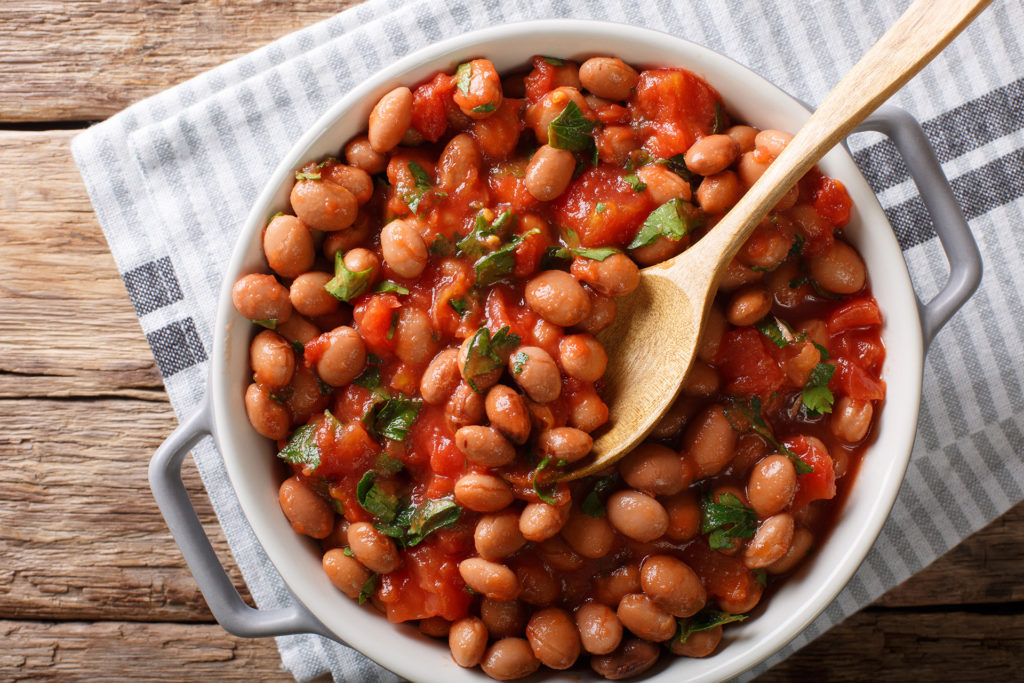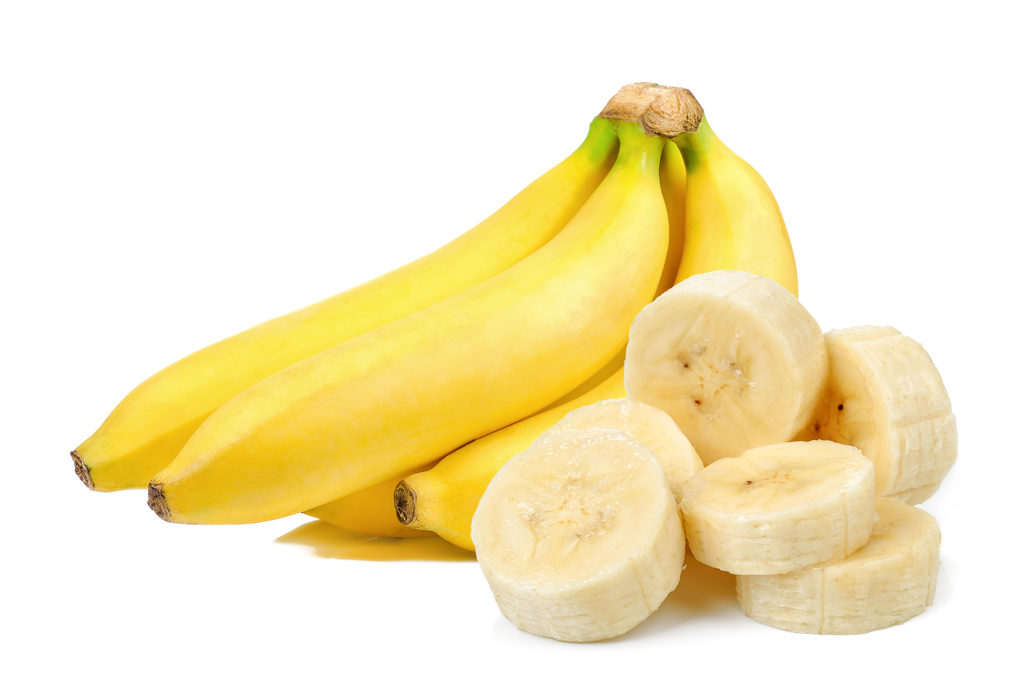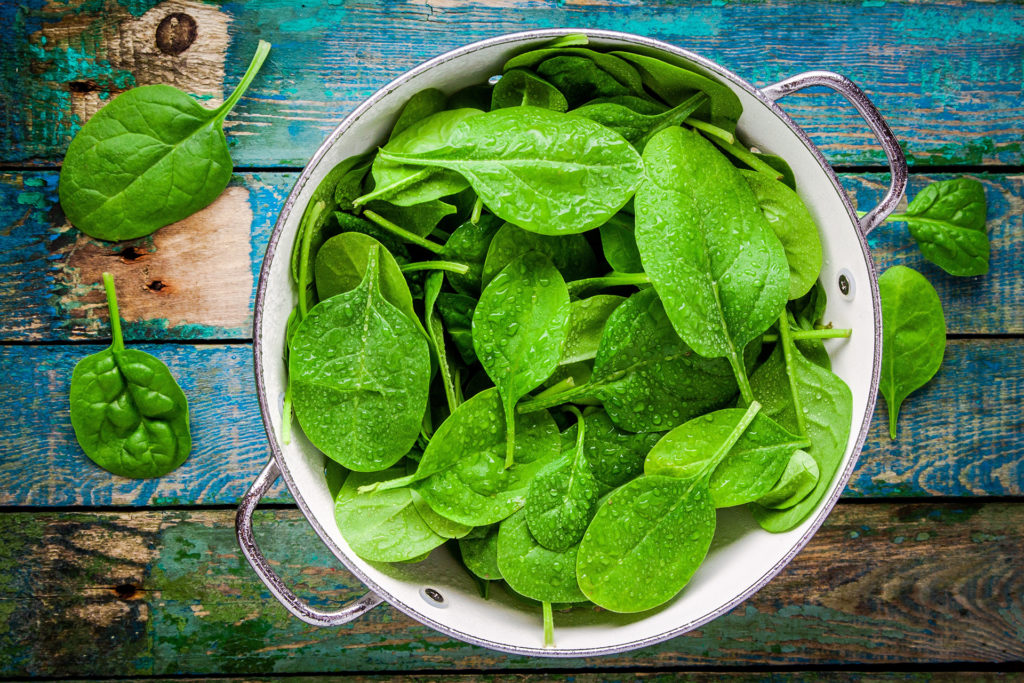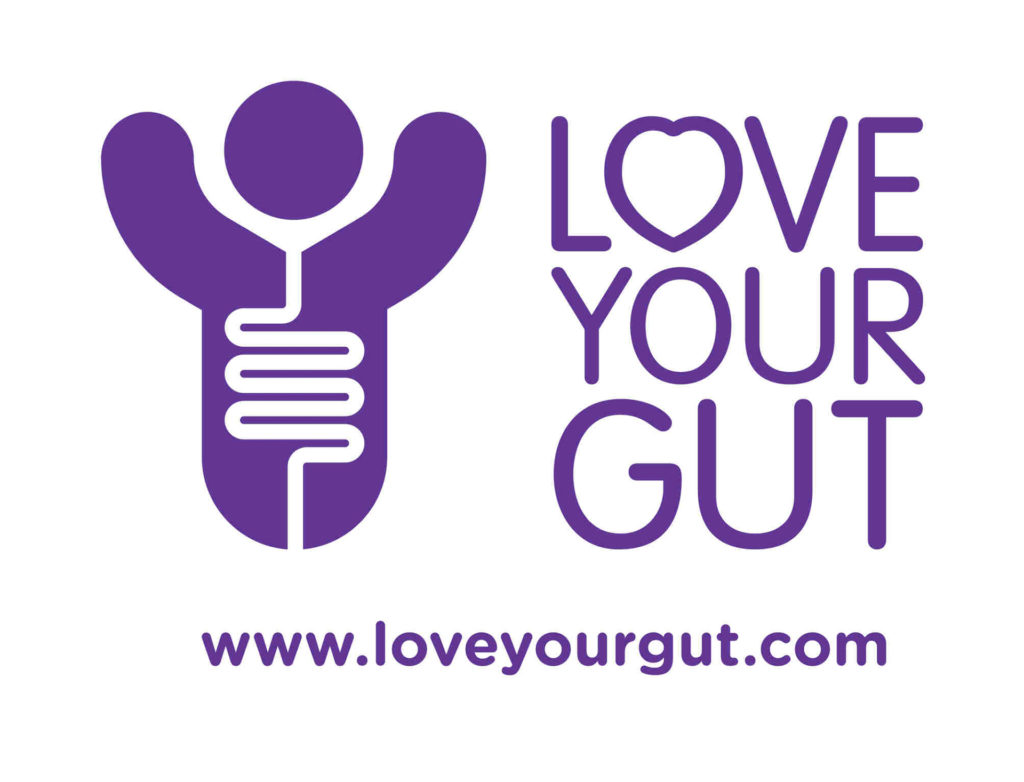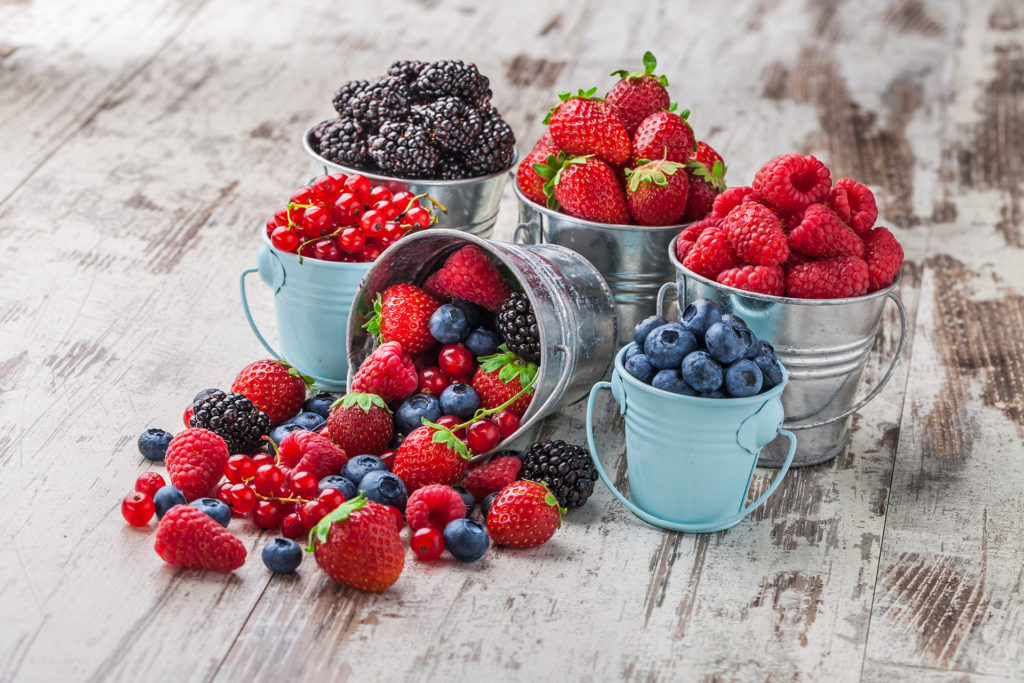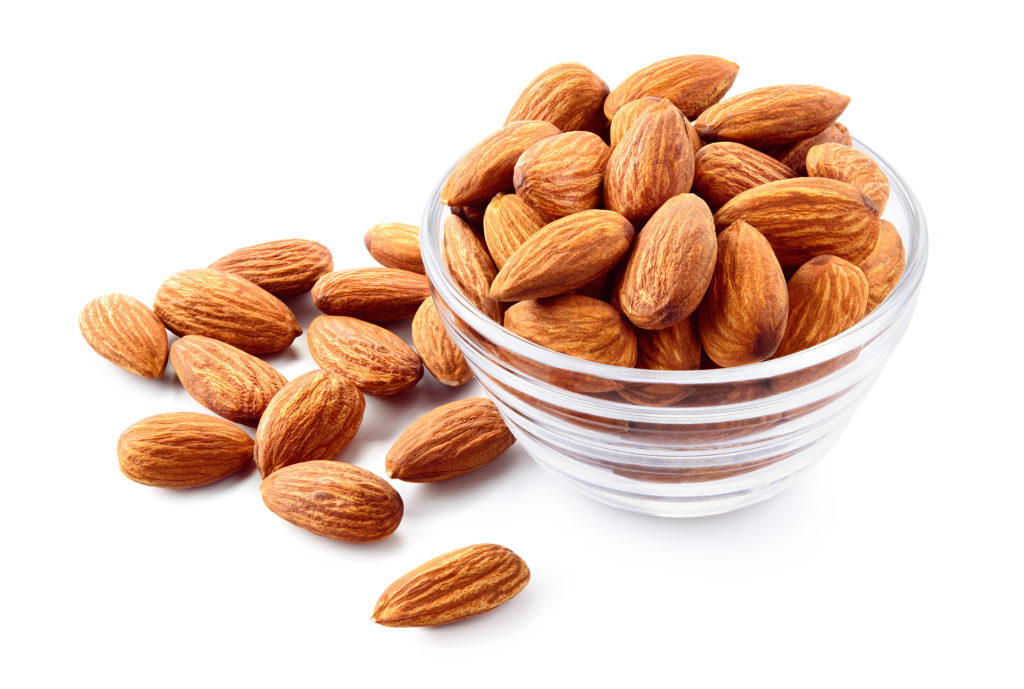6 Store Cupboard Ingredients For Good Gut Health

By Dr Joan Ransley for Love Your Gut Week (21-27 September)
It can be difficult to know what to eat to support your digestive health, but the good news is that many of the foods we already have in our fridge, freezer and cupboards can form the basis of a gut healthy diet. Foods such as bananas, beans, berries, nuts and vegetables offer fibre, which many of us don’t get enough of and which can help support digestion and prevent constipation, as well as prebiotics and other important nutrients. In addition to offering a number of digestive health benefits, these foods also taste great and can be enjoyed in a host of different ways from breakfast to supper. To help make stocking up on digestion-friendly foods easy, Dr Joan Ransley has picked out her top six store cupboard staple ingredients.
Pulses (such as beans, lentils and chickpeas)
A pulse is an edible seed that grows in a pod. Pulses like beans, lentils and chickpeas contain both dietary fibre and prebiotics known as galacto-oligosaccharides which travel through the gut and reach the colon. Here, they are fermented by healthy gut bacteria producing important molecules to keep the immune system functioning efficiently and the cells lining the gut healthy and free from disease.
In addition, pulses contain soluble fibre, which supports bowel health. Studies have shown improvements in bowel health in people including chickpeas in their diet, including reporting going to the toilet more often and more easily, and softer stool consistency.
Bananas
Bananas contain dietary fibre and a prebiotic called fructo-oligosaccharide or FOS for short. FOS cannot be digested in the upper part of the digestive tract so travels through the gut to be fermented in the colon, allowing healthy bacteria to thrive. Dietary fibre has two important roles; it bulks the stool which can deliver nutrients to the most distal part of the gut and brings undigested food that can be fermented by bacteria in the colon thereby aiding gut health. As bananas ripen, their carbohydrate composition changes and unripe bananas contain resistant starch, a form of carbohydrate resistant to digestion. When this starch reaches the colon it is fermented by gut bacteria and this in turn produces many bioactive substances, beneficial for gut health.
Green Vegetables (such as spinach and kale)
Green vegetables, such as spinach and kale, are a rich source of a group of chemicals called polyphenols. Polyphenols can act as antioxidants in the body – helping neutralise harmful free radicals that can cause disease. When polyphenols reach the bacteria in the gut they are broken down into smaller by-products and used as fuel to produce chemicals that send messages to the immune system. They also actively encourage some species of healthy bacteria to flourish. One example is Lactobacilli, that gather together bind and remove lipid particles from the blood.
Kale contains substances called glucosinolates, which are broken down by chewing to form isothiocyanates. These react with the cell walls of the colon and may help to prevent cancer cells developing.
Berries
Berries are rich in polyphenol compounds such as flavonoids like anthocyanins. In the colon, polyphenols are metabolised by micro-organisms/gut bacteria into smaller phenolic compounds, which can enter the circulation and reach the organs in the body. Polyphenols and their metabolites can modulate the microbial populations, leading to an increase in healthy bacteria such as Bifidobacteria and Lactobacilli. Berries have also been shown to alleviate symptoms of gut inflammation and may help to prevent cancer in the colon.
Nuts
Eating nuts, in moderate quantities, is associated with a number of beneficial health outcomes, such as helping to prevent heart disease and type 2 diabetes, which have been mainly attributed to their fatty acid profile. Nuts also contain prebiotic components including dietary fibre and other complex polysaccharides, which provide substrates for the gut bacteria to ferment and form new bioactive substances associated with the health benefits of eating nuts. Eating nuts, such as almonds, regularly over the course of several weeks has been shown to increase populations of healthy bacteria in the large intestine.


